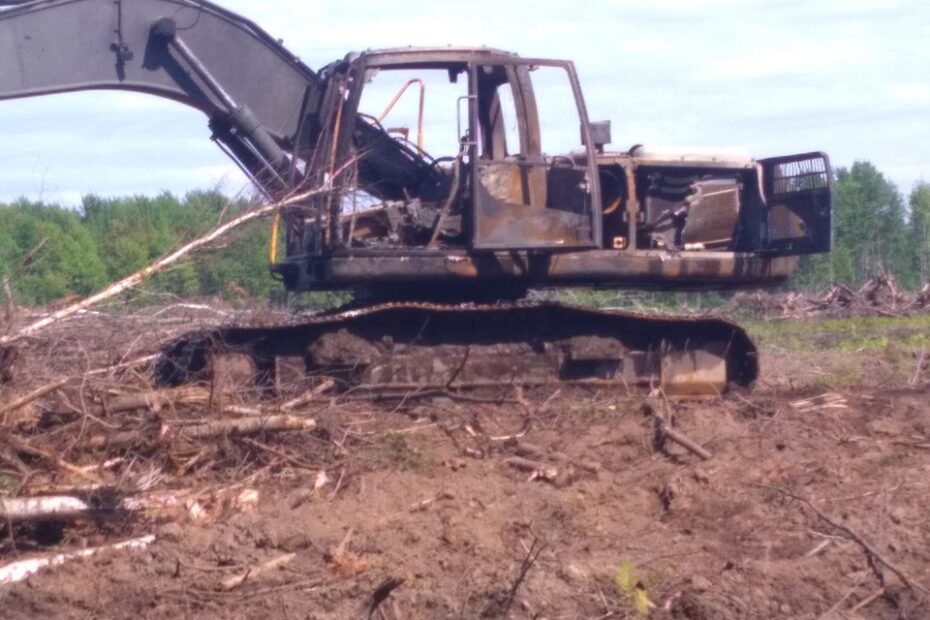When you’re running a business, there are always challenges: Some are little ones and some are big ones that have the potential to change the direction of your company (and your life).
We recently faced one of these pivotal moments and it made me realize that how you respond to adversity, and your actions in the moment can shape future success or failure.
Any entrepreneur knows the odds of success aren’t in your favour. Success rates for new businesses are less than 50% and often quoted stats say only 30% make it 10 years. Despite the odds, 543,000 new businesses launch every single month … few survive. Construction businesses face even worse odds with only 36% still going strong after five years.
Pete (my partner in crime) has run a construction business since 2001 so I guess he’s one of the few to beat the odds. We’ve enjoyed economic booms, survived a global recession, have had to rebuild in new locations a few times, and even faced the unprecedented challenges of 9-11 and figuring out how to move (and insure) a piece of heavy equipment internationally for a multi-year project building a golf course in St. Kitts at a time when the world was reeling from an unprecedented terror attack.
When you’re in the moment, you don’t stop and think about how difficult the task you’re undertaking might be. You just keep pushing forward and, eventually, you will get the breakthrough you need.
My random musings have a purpose: Last week, we faced a new challenge. One of Pete’s excavators (the one he was running at the time) caught fire. After trying to put out the flames with the fire extinguisher we keep in the cabs of all our equipment, he had to make the decision to walk away from the machine, call the fire department and watch it burn to the ground.
It is devastating to see a piece of your fleet on fire and you’re powerless to do anything about it.
But here’s what I realized from that moment: They way you react, and what you do next will make the difference between a business that remains viable and those that begin the spiral into failure.
- Assess then Act: When Pete noticed the flames, he shut off the machine (stopping the fuel flow) and tried to put out the fire, but he quickly realized the fire was moving too fast and too hot. The hardest thing to do is walk away but risking injury or worse for a piece of equipment would have been a bad decision. You don’t have a lot of time to ponder the options, you have to assess then act quickly.
- Analyse the Situation: It’s very easy to make excuses for why something happened, but I think when we make excuses, we are missing the lessons. In the hours after the fire, we were already thinking about what happened and how we can do things better or differently to avoid this kind of thing ever happening again.
- Keep Moving: When the fire struck, the work Pete had lined up for the next months was immediately put on hold. While we have more equipment, none of it is well suited for land clearing. Instead of feeling sorry for himself and lamenting the situation, Pete picked up the phone and started lining up work for the next day … and the days after that. Too often people retract in on themselves or wallow in their misfortune and that stops them from moving forward.
What does it take to succeed where others fail? Hard work is a given and you won’t find anyone who works harder than Pete, but it takes more than hard work. I think the difference between those who make it and those who don’t is their ability to troubleshoot a situation, push the ball forward when everyone is telling you that you can’t and to make sure you learn the hard lessons.
